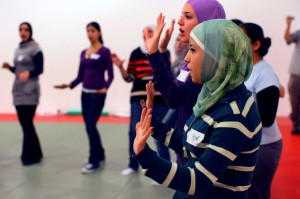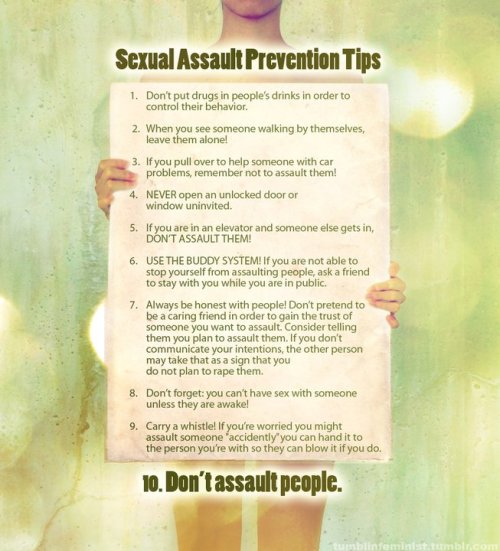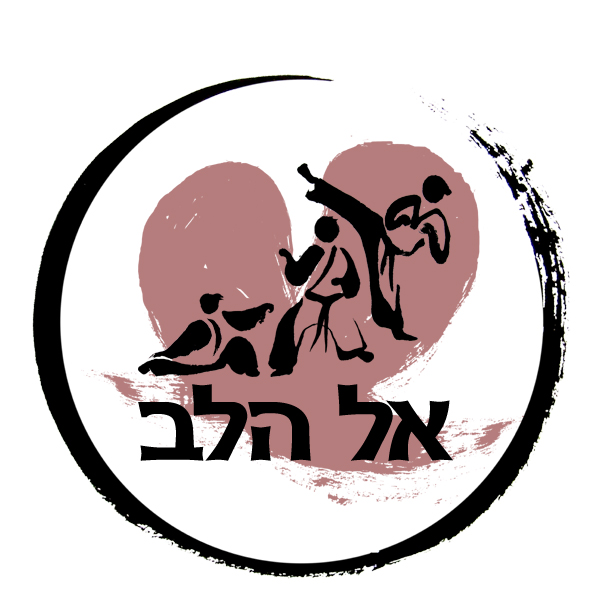It’s no secret that there is a lot of tension between Arabs and Jews in the Middle East. However, stories about peaceful encounters and coexistence rarely make the headlines.
This month, El HaLev instructors taught a self-defense course to a group of Arab women from East Jerusalem. Since most of the staff does not speak Arabic, they used a translator.
The following quotes were said by the women at the course graduation:
“Before this course I never dared to walk alone. Not anywhere at any time. I was just too afraid. Today I walk alone and feel confident and strong. How liberating!”
“At first I was embarrassed to work with men in the room, but after the first day I understood how tremendously important it was for us to fight against a realistic attacker. I thank the men so much for giving us this gift.”
“Thank you for giving me permission to say NO and teaching me to use it with strength and purpose.”
The volunteer assistant shared this:
Despite the language barrier and cultural differences, the women remind me a lot of the Jewish women I took the course with at El HaLev two years ago. They’re in denial, but at the same time, curious. Shy but daring. I feel that the similarities by far outweigh the differences.
I came to IMPACT after I was attacked by an Arab man in my neighborhood. I survived the attack, but like most victims, awaited his return. IMPACT helped me feel my strength and realize my true abilities.
And now, here I am surrounded by shouts in Arabic, the very words which failed me when it mattered most. But soon I learned to shout the way I didn’t know back then.
The level of trust, intimacy and friendship between the women and the team of instructors has helped me, more than anything, to renew my own trust in mankind. There were moments in which we glimpsed that perhaps, under different circumstances, we could have been friends.
Teaching self-defense to women from east Jerusalem serves as a reminder for what we stand for: empowering women, regardless of age, color, size, nationality or political background. The first step to fighting violence against women is accepting that every woman deserves to know how to defend herself. When we focus on our similarities rather than our differences, we find that we are not alone.




